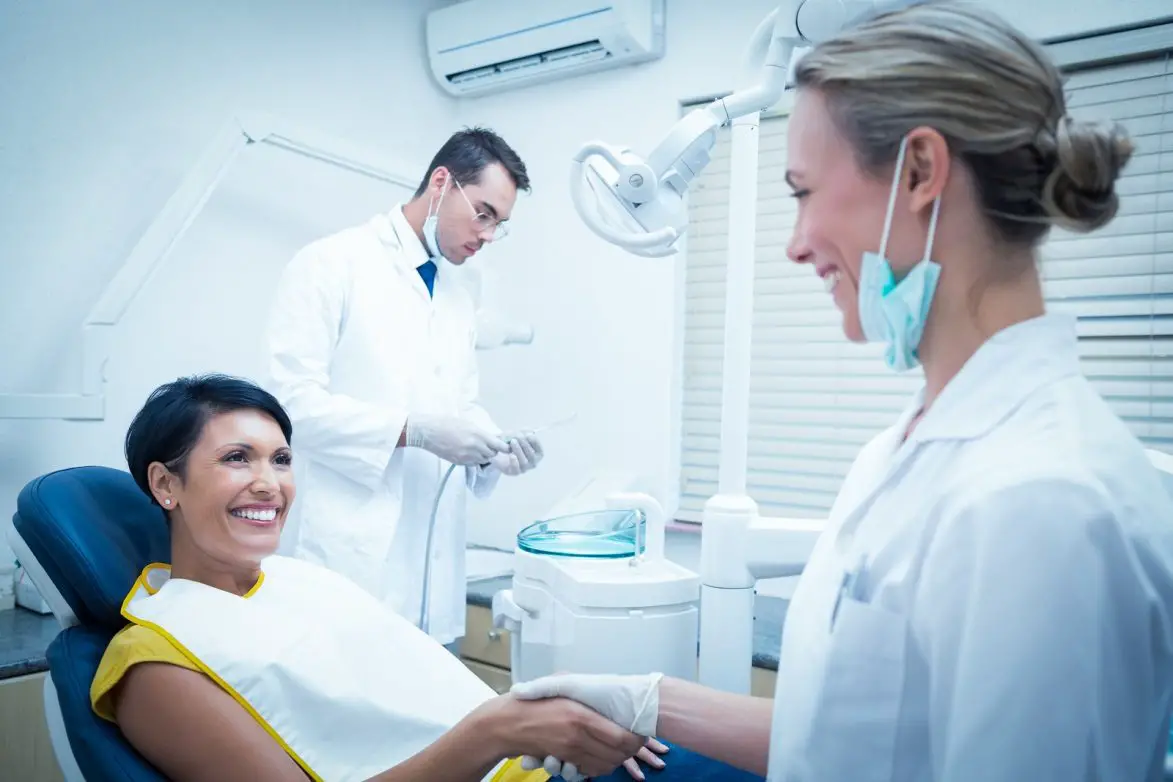This article is a continuation of How to Choose an International Patient Coordinator (Part 1) which was published last week. Part 1 focused on the need for a Patient Coordinator to have a strong Work Experience, Communication Capabilities, and formal Education. Part 2 of this article concentrates on a Patient Coordinator’s understanding of the Local Culture(s) they represent, the Alternatives available in the form of Competition, and the Patient Coordinator’s understanding of Travel, Tourism, and Hospitality.
The enumeration begins where we left off last week. READ PART 1 Click Here!
- The Local Culture(s) of your Destination Country
An experienced International Patient Coordinator typically lives in the Country where your medical/dental procedures are to be performed. Once you arrive in Costa Rica, Thailand, Dubai or elsewhere, your Advisors and Guides will be of little help hundreds or thousands of miles away. If they are not based on your chosen destination, you better hope that they had previously spent a lot of time there. Not weeks or months, but years. Why? Because learning the nuances of another culture takes time. And navigating their healthcare systems may prove to be a Rubix Cube you cannot crack on your own.

Take for example England as a pretend Dental destination (even though that is a comical example as their Dentists are not known for being too good). On the surface, it looks like an easy nut to crack; they speak English, they brought us Shakespeare, Churchill, The Beatles, etc. …how difficult could it be navigating their culture? Well, if you don’t get hit by a car or bus your first day (since they drive on the opposite side of the road) you may fare pretty-well. But then again, you may not. Manners, foods, attitudes, expectations and “good dental care” are very distinct and different from the American culture. You could easily get lost, get in a fight, or even end up crossing over into Scotland if you don’t pay attention!
Worse than that, you may be successful and get an appointment to see one of their Dentists…in about 45 days, as wait times in a socialized country are usually much longer than Americans are used to waiting. And if the hygienic standards are not up to snuff, what are you going to do? Wait another 45 days for a new appointment? Suggest they boil water to clean their instruments? That may be insulting, as they have very good manners there. Maybe you can eat some fish and chips with vinegar while you mull it over, just don’t forget to brush afterward.
I know this much for sure…after marrying a Costa Rican women and spending 13 years in Costa Rica, there are still many things that remain a mystery to me about the Costa Rican culture! Fortunately, I have the dental realm covered very well. You should not expect your Patient Coordinator to be the most experienced Guide in the world, but they should have enough understanding of the culture(s) where their Doctors/Dentists ply their trade to make you feel like you are in good, competent, informed and experienced hands.
My advice when traveling abroad for medical/dental care is don’t leave it to chance. Ask your Patient Coordinator hard questions about the country or countries which they advocate. The safety, security, traffic patterns, where to eat, what neighborhoods to avoid, and most important questions about the Doctors and what they do when things go wrong. Nothing should be off limits. Before you step on a plane, make sure you have someone guiding you along at your own pace. The only bad question is the question not asked, or the question left unanswered.
- Local Competition/Alternative Clinics
An experienced Patient Coordinator knows the lay of the land. Not just the land of the country, but of the marketplace too. How many other clinics are there nearby? How do their Doctors/Dentists stack up against the others? Prices are important, but quality, high standards, and great results are much more important. How many U.S. Patients have they treated? What types of cases are considered normal cases? Do they have in-house Specialists to deal with anything that may arise? They better, as you never know what may arise.

After I received Dental Treatment in Costa Rica and became interested in working in the industry, I went around and studied the competition. I viewed dozens of Costa Rica Dental related websites from start to finish; then, I interviewed their Doctors and toured their facilities. I spoke to their Patients. I paid attention to how comfortable their Patients appeared to be. I tried to gauge their confidence level in their Doctors. I looked at their smiles and asked them what was the best and worst thing about the clinics and their staff members. After several months of doing this, I had developed a foundation to become a Patient Coordinator. Your Coordinator will have followed his/her own path…just make sure it is a path you believe provides he/she the experience/wisdom required to guide you properly.
- Tour, Travel & Hospitality Experience
Working in the Medical and Dental Tourism Industry for non-clinicians to a certain extent is like working in a restaurant, hotel or travel agency…everything revolves around service. If the service is bad, typically the overall experience is bad. Unfortunately, while the world of hospitality has come a long way over the past few decades, in many ways standards have been lowered. To a large extent, technological advances have made many transactions less personal, less human and less satisfactory. Complaints often go unheard or ignored as they are shut out by systems that deter them; just as bad – Patient calls are routed to foreign countries where inexperienced foreigners try to tell you in broken-English how important you are to their employers/clients.

If that was not bad enough, many young people who enter the workplace these days do not have the basic skills required to deliver adequate service – the desire to serve, to be helpful, and to interact with other human beings (beyond asking where the nearest smartphone charging station, piercing dungeon -master or tattoo shop is located). And life, if we can still call it that, in a selfi-world with the Millennials at the helm is right around the corner. I am hopeful a seismic brain shift will take place soon or we may be pushing ourselves around in wheel chairs and self-administering care while we watch the world crumble around us.
Patient Coordinators must know how to help and to serve and want to do so. Otherwise, their value will be the null set…not worthy of the empty chat or boilerplate emails they may send. Instead of learning these basic skills and ethics working at places like McDonald’s, Walmart, mom & pop shops, and offices, many are opting for black hoods, anarchy, and demands for equal wages that their parents with 20 years more experience make. I do not expect most people to enter this field to have decades of experience in restaurants and/or the travel industry as I did, but I sure hope they find the mentors who can help transform them into good Advisors, Counsellors, and Patient Coordinators.
If you would like to discuss Medical or Dental Tourism in Costa Rica or elsewhere, please email the Author at: [email protected] or CONTACT US
